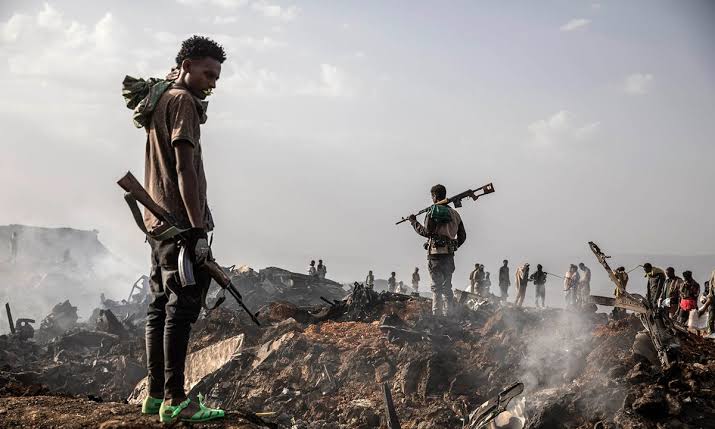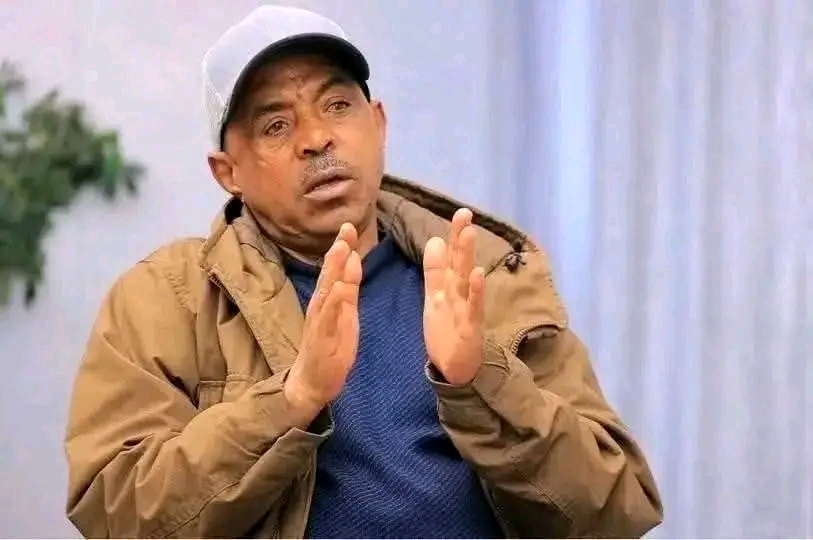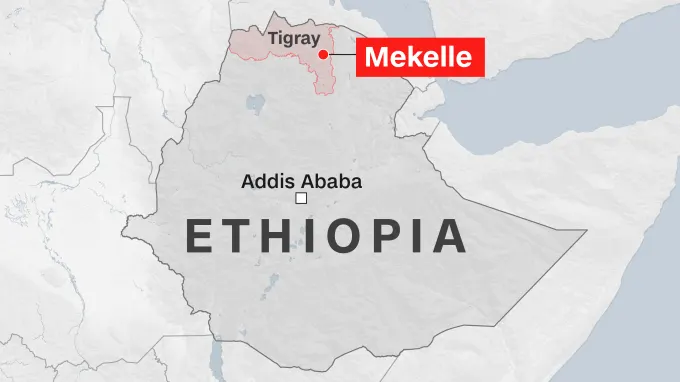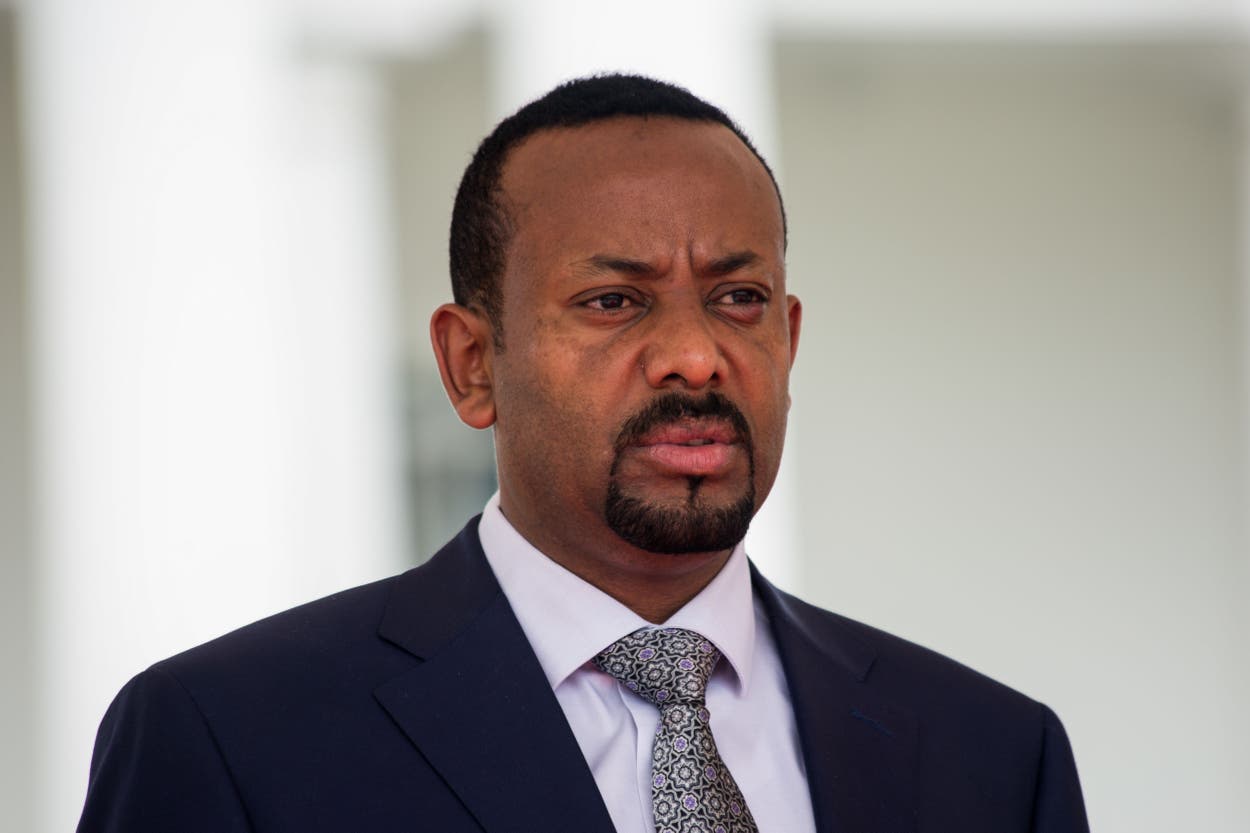By HANA-MARIAM TESHOME
Ethiopia is in the grips of a humanitarian crisis as violent conflicts among various factions, including the Oromo Liberation Front (OLF), the Ethiopian government, and the Amhara armed group, Fano, continue to escalate.
This turmoil has resulted in a tragic loss of life, massive displacement, and rampant human rights abuses, particularly affecting vulnerable populations such as women and children.
Alarmingly, the Ethiopian government has largely failed to acknowledge these issues, while local media has remained silent, leaving many victims without a voice.
The conflict between the OLF and the Ethiopian government has persisted for over five years, claiming countless civilian lives and destabilizing entire regions.
Recent clashes have intensified, with reports indicating at least 47 combatants and five civilians killed in just three weeks.
The situation is particularly dire in the Amhara region, where escalating violence has forced thousands to flee their homes, exposing them to further dangers.
Civilians are increasingly vulnerable to horrific acts of violence, including kidnappings and sexual violence.
Women and children, in particular, face heightened risks as they become targets in the chaos.
Reports of abductions for ransom have surged, with families caught in a desperate struggle to secure the safety of their loved ones.
One victim described how 11 family members were kidnapped, with ransom demands reaching an astonishing 5 million birr (approximately $42,000).
Many families report that even after paying substantial ransoms, they often do not see their loved ones returned, reflecting a grim reality for those affected.
The military operations aimed at quelling these conflicts have also resulted in significant casualties among security forces, with recent reports indicating that 73 personnel have lost their lives.
Cities like Birhane Meskel are enveloped in mourning, with residents living in constant fear of what might come next.
Despite the severity of this unfolding crisis, the Ethiopian government has largely turned a blind eye to the violence and humanitarian suffering occurring within its borders.
This denial is compounded by a troubling silence from local media outlets, which have failed to adequately report on the plight of civilians and the escalating violence.
This lack of coverage not only perpetuates a culture of impunity but also leaves affected communities without the support and recognition they desperately need.
There is a pressing need for global attention and intervention to pressure the Ethiopian government to confront these issues, ensure the protection of civilians, particularly women and children, and initiate a genuine dialogue aimed at achieving peace.
As the situation continues to deteriorate, the international community must act decisively.
Silence in the face of such suffering only exacerbates the crisis, and the time for action is now to ensure that the humanitarian needs of those affected are met and that justice is pursued.



